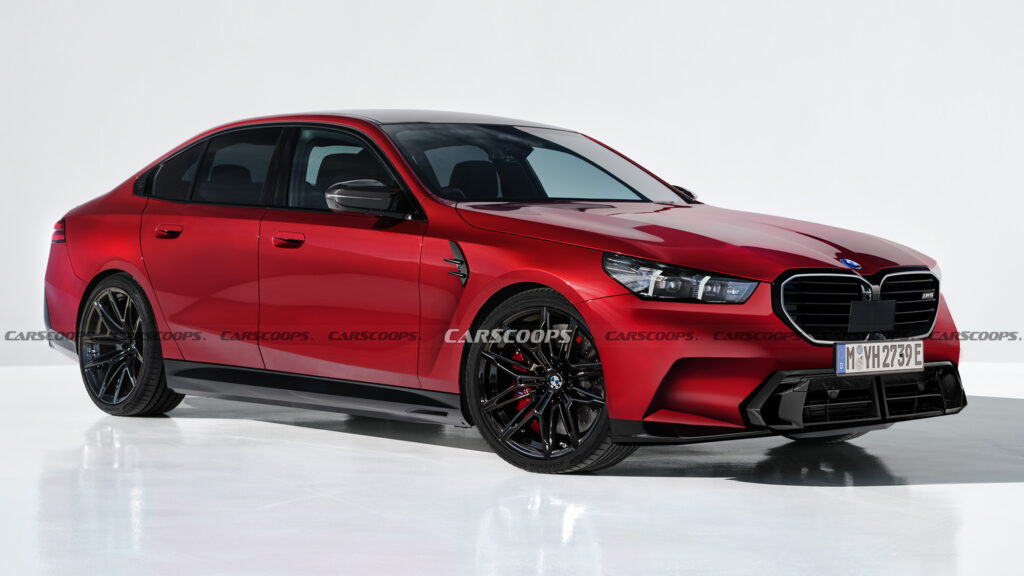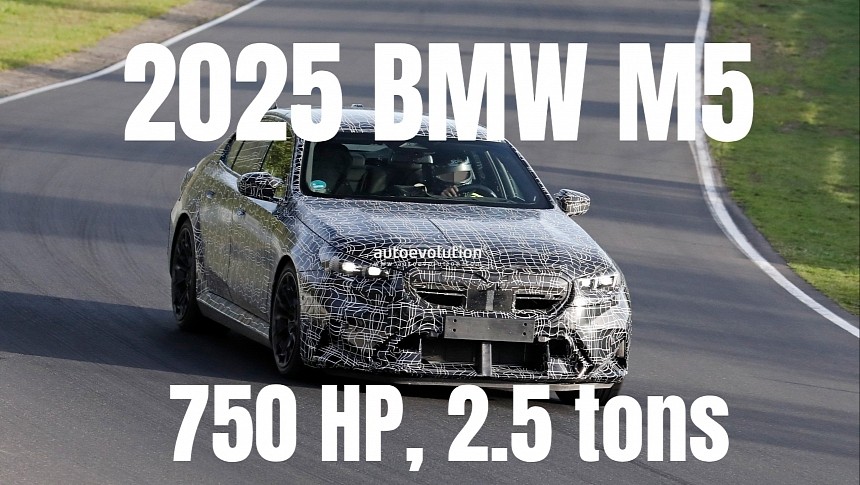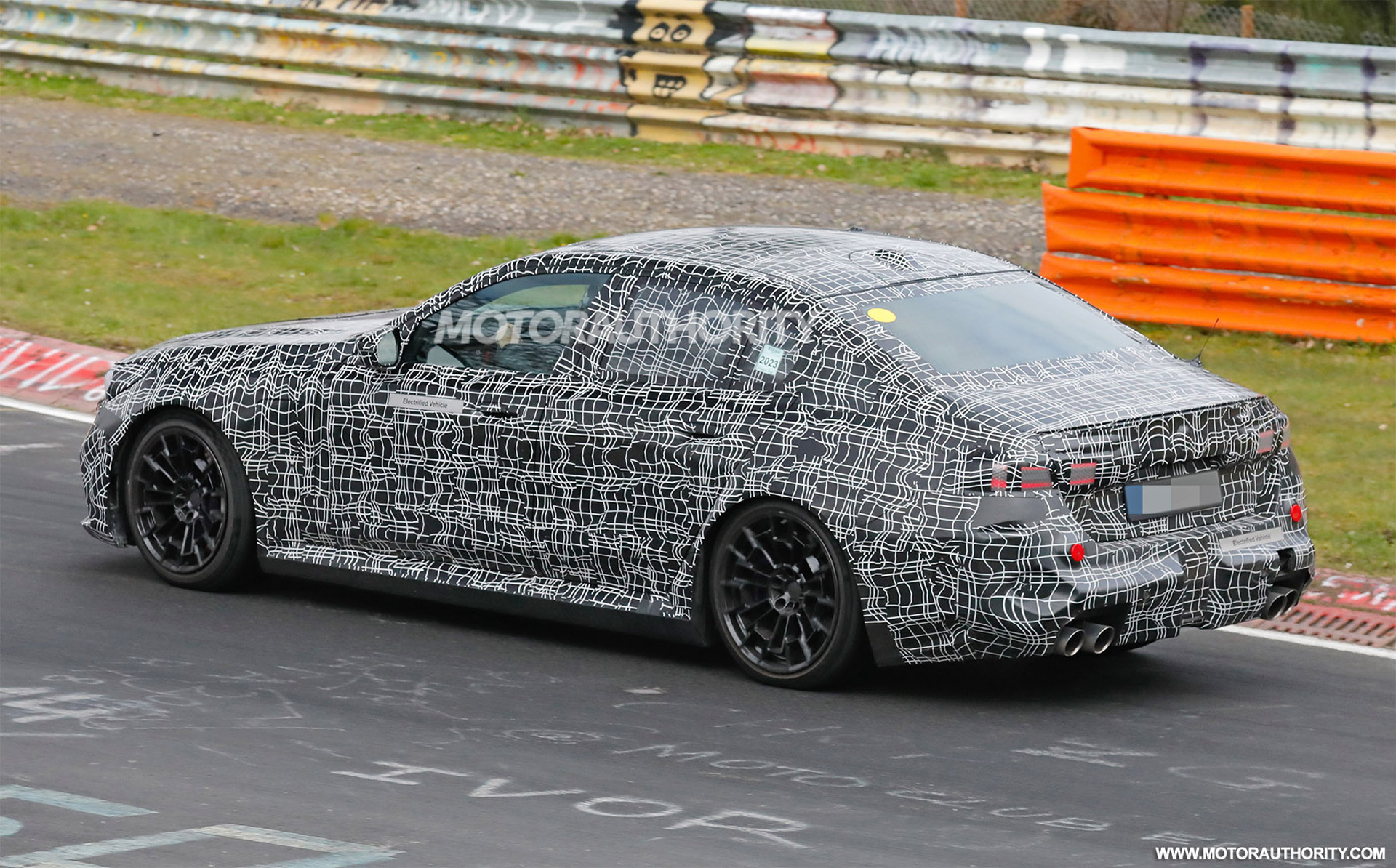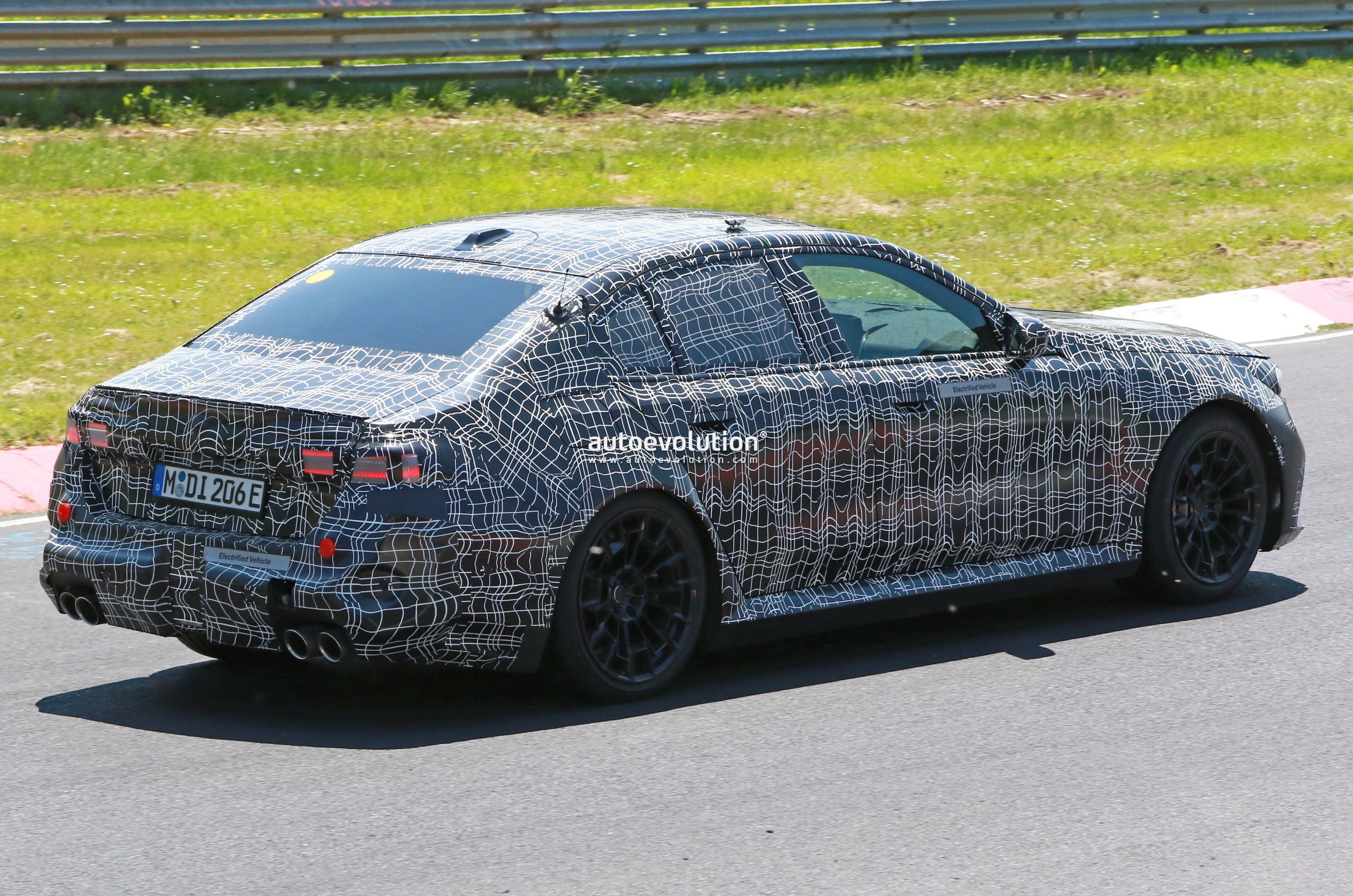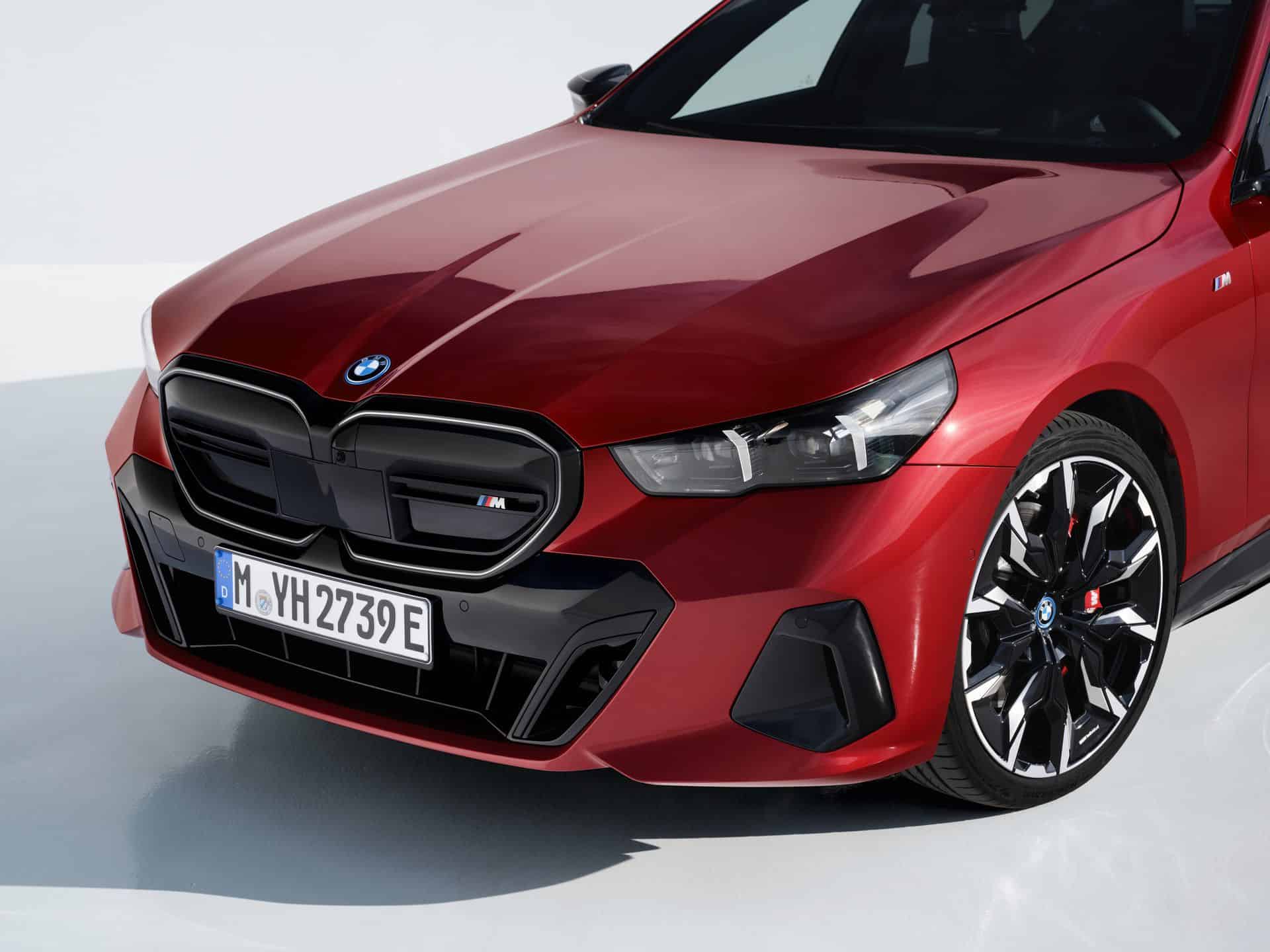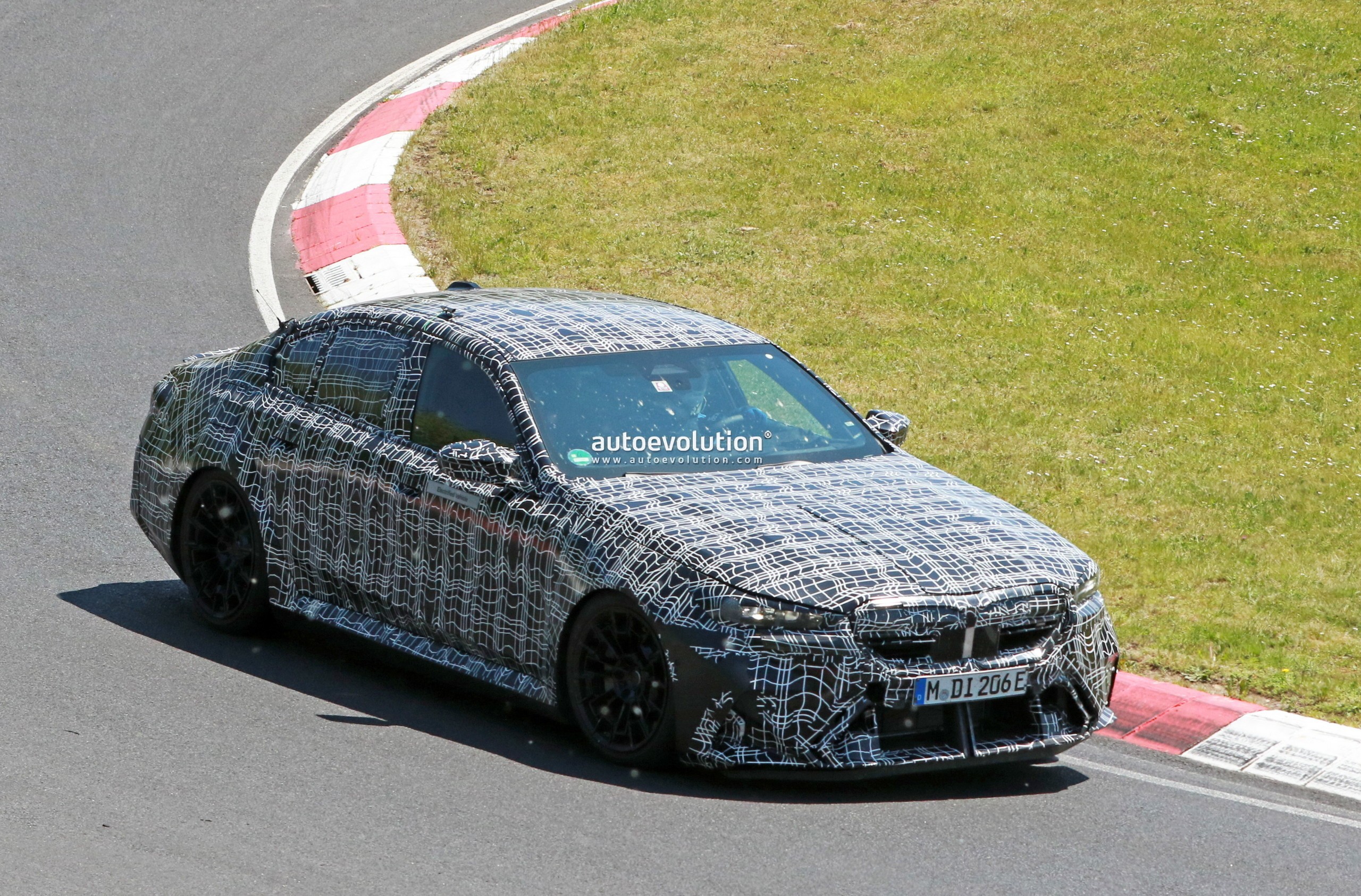
The Weight of Power: Exploring the 2025 BMW M5 Sedan’s Weight and Performance
The BMW M5 has long been a symbol of high-performance luxury, captivating enthusiasts with its potent engine, precise handling, and opulent interior. As we approach the 2025 model year, anticipation is high for the next iteration of this iconic sedan. While the exact specifications remain shrouded in secrecy, one of the most crucial aspects, often overlooked, is the car’s weight.
This article delves into the potential weight of the 2025 BMW M5 sedan, exploring the factors that influence it, its impact on performance, and the strategies BMW might employ to maintain its competitive edge in the high-performance luxury segment.
The Weight Game: A Balancing Act
The weight of a car plays a crucial role in its performance. A lighter car accelerates faster, brakes quicker, and handles more nimbly. However, the pursuit of lightness often comes at the expense of features and comfort. In the case of the M5, BMW faces a delicate balancing act: maintaining the car’s legendary performance while offering the luxurious amenities expected from a high-end sedan.
Factors Influencing the 2025 M5’s Weight:
- Platform and Construction: The 2025 M5 will likely be based on BMW’s CLAR (Cluster Architecture) platform, which underpins several other models in the BMW lineup. This platform, known for its lightweight construction, could help keep the M5’s weight in check. However, the use of high-strength steel and aluminum, while enhancing rigidity and safety, can contribute to overall weight.
- Powertrain: The 2025 M5 is expected to retain its powerful V8 engine, possibly hybridized for improved fuel efficiency and performance. While electrification adds weight, the potential for downsizing the engine and using lighter materials could offset this.
- Drivetrain: The M5’s legendary xDrive all-wheel drive system, crucial for handling and traction, adds weight. However, advancements in drivetrain technology, such as lighter axles and differentials, could help minimize this impact.
- Interior and Features: The M5’s luxurious interior, featuring premium materials, advanced infotainment, and a plethora of safety features, inevitably adds weight. Careful material selection and optimization of features could help mitigate this.
- Styling and Aerodynamics: While the M5’s aggressive styling and aerodynamic enhancements are essential for performance, they can also increase weight. BMW will likely strive for a balance between aesthetics and functionality, minimizing unnecessary weight additions.
The Impact of Weight on Performance:
- Acceleration and Braking: A lighter car accelerates faster and brakes more effectively due to reduced inertia. A lighter M5 would translate to quicker 0-60 mph times and shorter braking distances, enhancing its performance credentials.
- Handling and Agility: A lighter car responds more readily to steering inputs and exhibits better agility, allowing for more precise and enjoyable driving dynamics. A lighter M5 would offer a more responsive and engaging driving experience.
- Fuel Efficiency: A lighter car requires less energy to move, resulting in improved fuel economy. While the M5’s performance is paramount, fuel efficiency is increasingly becoming a factor for luxury car buyers.
BMW’s Strategies for Weight Management:
- Lightweight Materials: BMW is known for its expertise in using lightweight materials, such as carbon fiber and aluminum. The 2025 M5 could see the extensive use of these materials in key components like the hood, roof, and chassis, helping to reduce overall weight.
- Optimized Design: BMW’s engineers will meticulously optimize the M5’s design to minimize weight while maintaining structural integrity. This could involve streamlining the bodywork, reducing the number of components, and using thinner materials where possible.
- Hybrid Powertrain: While hybridization adds weight, it also allows for the use of a smaller, lighter engine. The 2025 M5’s potential hybrid powertrain could offer a balance between performance and efficiency, potentially offsetting the weight gain.
- Advanced Manufacturing Techniques: BMW might employ advanced manufacturing techniques, such as laser welding and high-pressure die casting, to create lighter and stronger components. These techniques can reduce material waste and improve efficiency, contributing to weight reduction.
The Weight of Expectation:
The 2025 BMW M5 faces a challenging task: balancing the demands of performance, luxury, and efficiency. While the exact weight remains unknown, it’s clear that BMW will prioritize weight management to ensure the M5 remains a benchmark for high-performance luxury.
The use of lightweight materials, optimized design, and advanced technology will play crucial roles in this endeavor. Ultimately, the 2025 M5’s weight will be a testament to BMW’s engineering prowess and its commitment to delivering a driving experience that is both exhilarating and refined.
Beyond the Numbers:
While the numerical weight of the 2025 M5 is important, it’s crucial to remember that weight is just one factor influencing a car’s performance. The overall driving experience, encompassing handling, acceleration, braking, and driver engagement, is what truly matters.
BMW has a long history of crafting cars that deliver an exceptional driving experience, and the 2025 M5 is expected to continue this tradition. Whether it achieves a record-breaking lightweight design or strikes a balance between performance and practicality, the M5 is poised to remain a force to be reckoned with in the high-performance luxury segment.
Conclusion:
The 2025 BMW M5 sedan’s weight is a crucial aspect that will influence its performance and overall appeal. While the exact figure remains a mystery, BMW’s commitment to innovation and weight management suggests that the M5 will continue to be a benchmark for high-performance luxury.
The combination of lightweight materials, optimized design, and advanced technology will likely result in a car that is both powerful and efficient. As we await the unveiling of the 2025 M5, one thing is certain: the weight of expectation is high, and BMW is ready to deliver.
